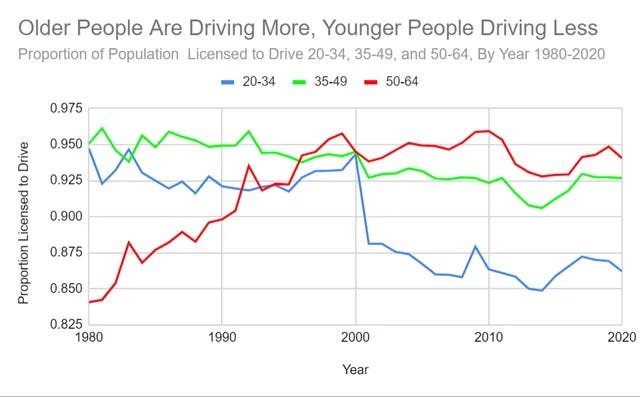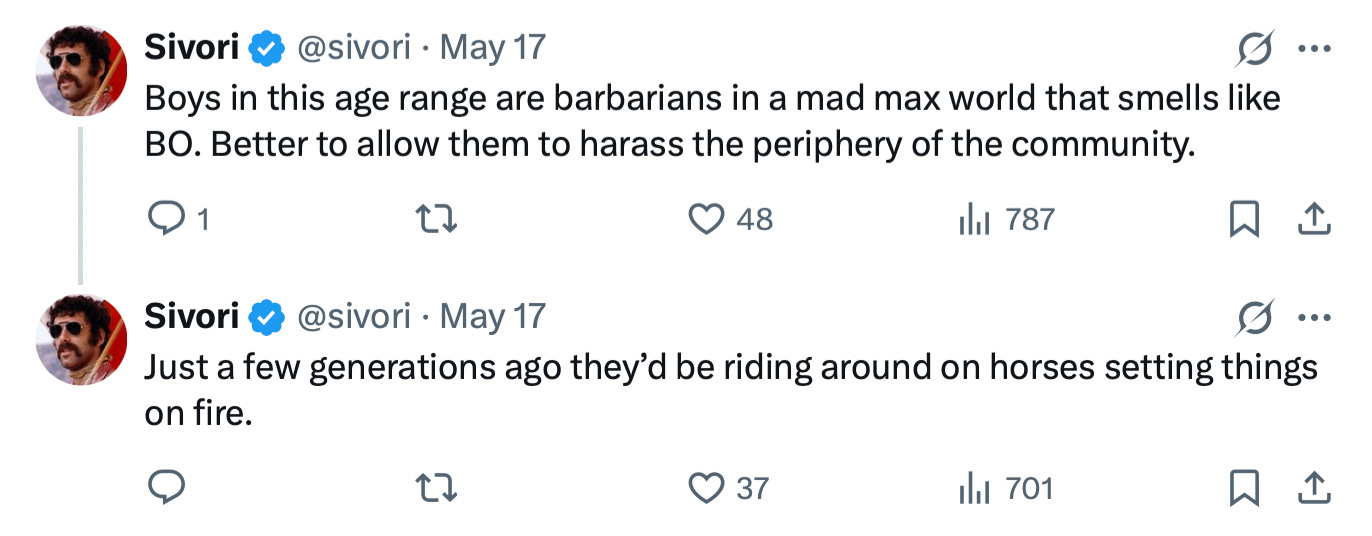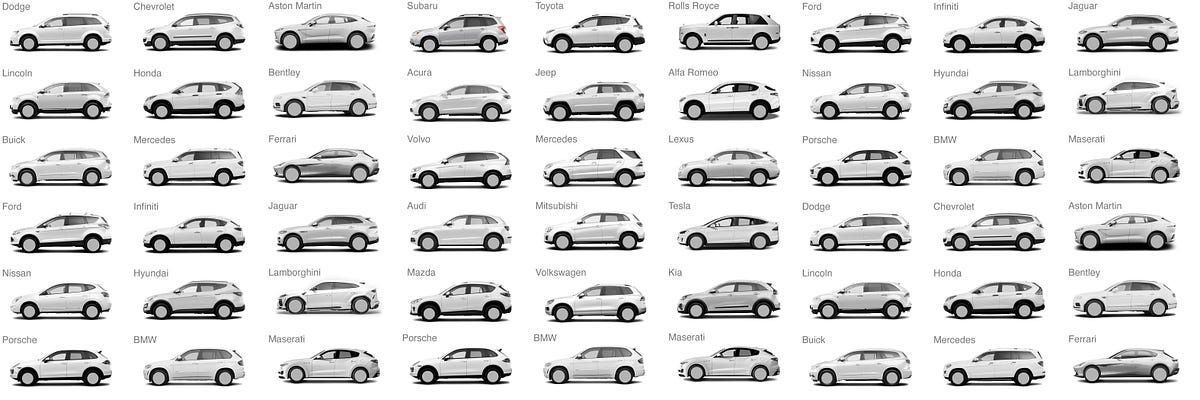the outsiders
things right now 037—week of 05.19.25
To alleviate our collective economic pain, 8Ball subscriptions are 20% off for the next month. Find the offer here: www.8ball.report/recession
Gen Alpha or the baby busters
Sivori posts:
A chaotic turn of events: iPad kids become e-bike tweens.
The initial blast of predictions about Gen Z cast them as turbo-millennials. Progressive, but more progressive, diverse, but more diverse, technologically adept, but even more so. Gen Alpha—or as I like to call them the baby busters—has had the same treatment i.e. 'if you thought Gen Z was addicted to their phones, wait until you meet the next generation!'
But Gen Z defied our expectations. They turned out to not be so progressive after all.
I expect Gen Alpha will, too.
If the iPad is the hypnotic device of control, the e-bike is the escape hatch: cheap, unregulated, hackable.
I don’t know about horses… A few generations ago, they would’ve been riding around in cars. In rural midcentury America, you could get a learner’s permit at 14. (You still can if you live in North or South Dakota.) Even in Upstate New York, where I grew up, farm kids could get a special permit at 15 if they lived somewhere sufficiently remote. That was twenty-something years ago though—I suspect it’s no longer the case.
If in the early 2000s, the romance of the car was dying, by 2020s, it’s dead.

A Tesla has more in common with a toaster than a roadster. It’s an app. No one is assembling hot rods from crashed out Cybertruck shells. Today, a car is a skeuomorphic representation of safety regulations with a computer inside.
The car is no longer a symbol of freedom. Congress is debating whether government-mandated kill switches should be required in cars. It’s an idea straight out of Minority Report (2002)—if the authorities would like to speak to you, facial recognition technology will identify you and redirect your Waymo to the police station. Every Uber a potential paddy wagon.
Like the iPad, the car is another symbol of control.
Perhaps, younger millennials and older Gen Z will be remembered as the most docile generations. Less drinking. Less socializing. Going to bed early. Going to college in droves. Worried about careers. Worried about retirement.
The internet promised freedom, but delivered complacency. It was too new. We didn’t understand dopamine addiction. We didn’t grasp that we had given over control.
For iPad kids, if the screen raised you, if the screen punished you, it might be the screen you rebel against—not your parents.
Keep reading with a 7-day free trial
Subscribe to 8Ball to keep reading this post and get 7 days of free access to the full post archives.






